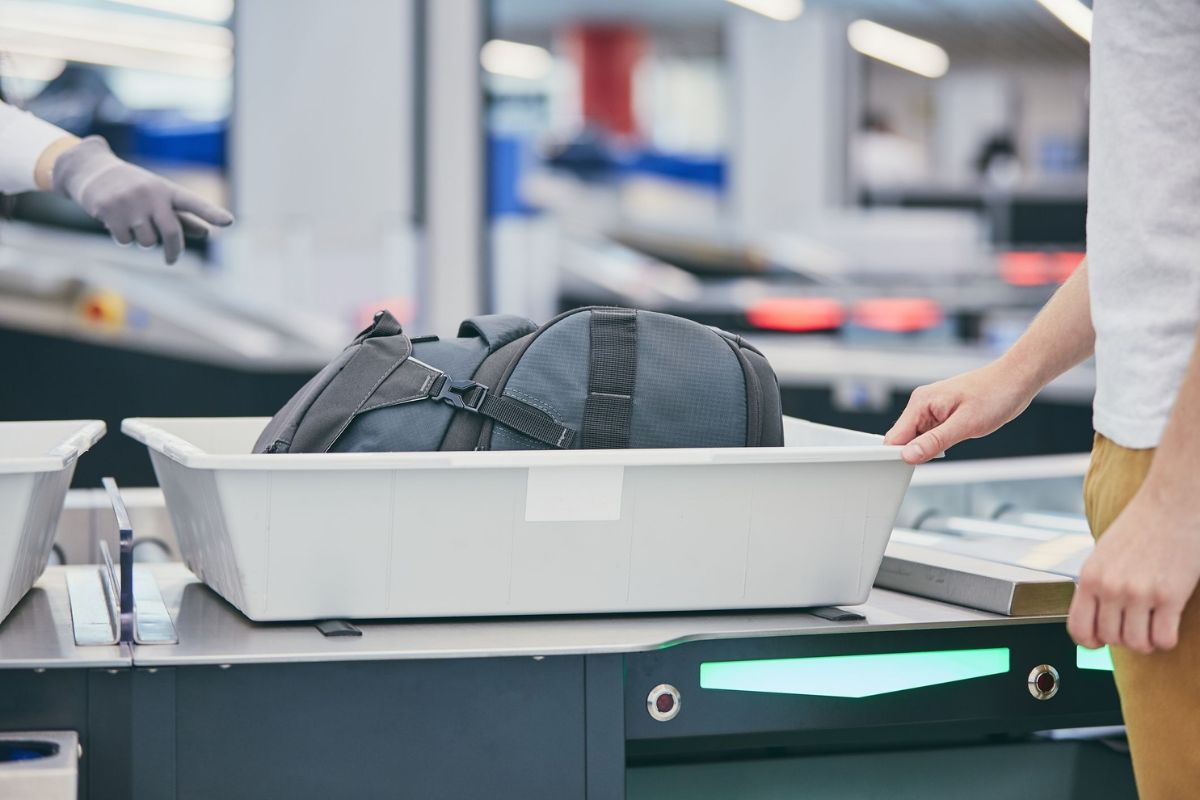The Bureau of Civil Aviation Security (BCAS), India’s aviation security watchdog, has ordered all major airports in the country to upgrade their baggage X-ray machines with the latest technology by the end of 2023.
With the upgrade of baggage X-ray machines, passengers would be able to keep electronic devices in their hand luggage while going through security.
This move comes after several airports, including Delhi, Mumbai, and Bengaluru, faced overcrowding and long queues during the holiday season last year due to shortcomings in the security infrastructure deployed by airports.
Latest technology mandated for handbag screening
The BCAS has mandated the use of CTX, an X-Ray Baggage Inspection System based on Computed Tomography (CT), for screening cabin and hand baggage.
This technology will help detect more prohibited items, and passengers will not have to remove electronic devices such as laptops, mobile phones, and chargers during screening.
CT machines mandatory for high-traffic airports
All airports with more than 50 lack annual passenger traffic, around 25 airports in total, will be required to have CT machines by December 31, 2023. Additionally, all new terminals and airports will also have to comply with this mandate from the first day.
Benefits of CT machines
While traditional X-ray machines produce 2-D images, CT machines produce 3-D images with higher resolution and have better automated detection of explosives. This leads to a higher baggage throughput through the machine and a low rate of false alarms, reducing the need for physical inspection of bags.
Full-body scanners to be deployed
BCAS has also made it mandatory to deploy full-body scanners at airports with more than 1 crore passengers per annum. This will enhance the capability of detecting non-metallic threat objects such as liquid, gel or plastic contraband like explosives and inflammable items that can be concealed on the body. The transportation of drugs can also be stopped with a full-body scanner.
Enhanced security measures for better passenger experience
Director-General of BCAS Zulfiqar Hasan stated that the adoption of CT machines is necessary to upgrade security at airports.
Besides ensuring better security, this will also improve the passenger experience as they will not have to take out their electronic devices. This move is expected to reduce waiting times and enhance the overall airport experience for passengers.
Follow and connect with us on Facebook, Twitter, LinkedIn, Instagram and Google News for the latest travel news and updates!





